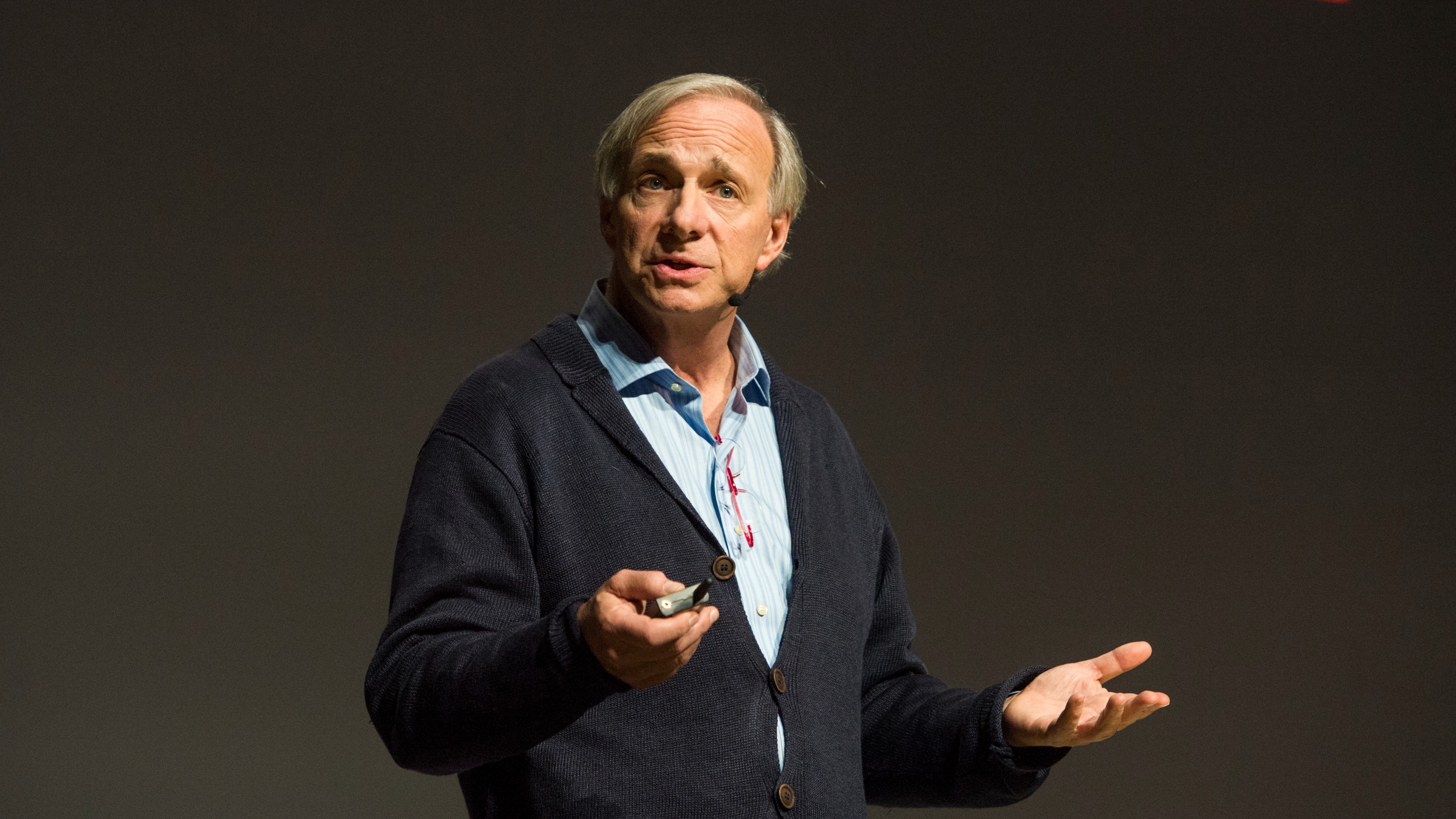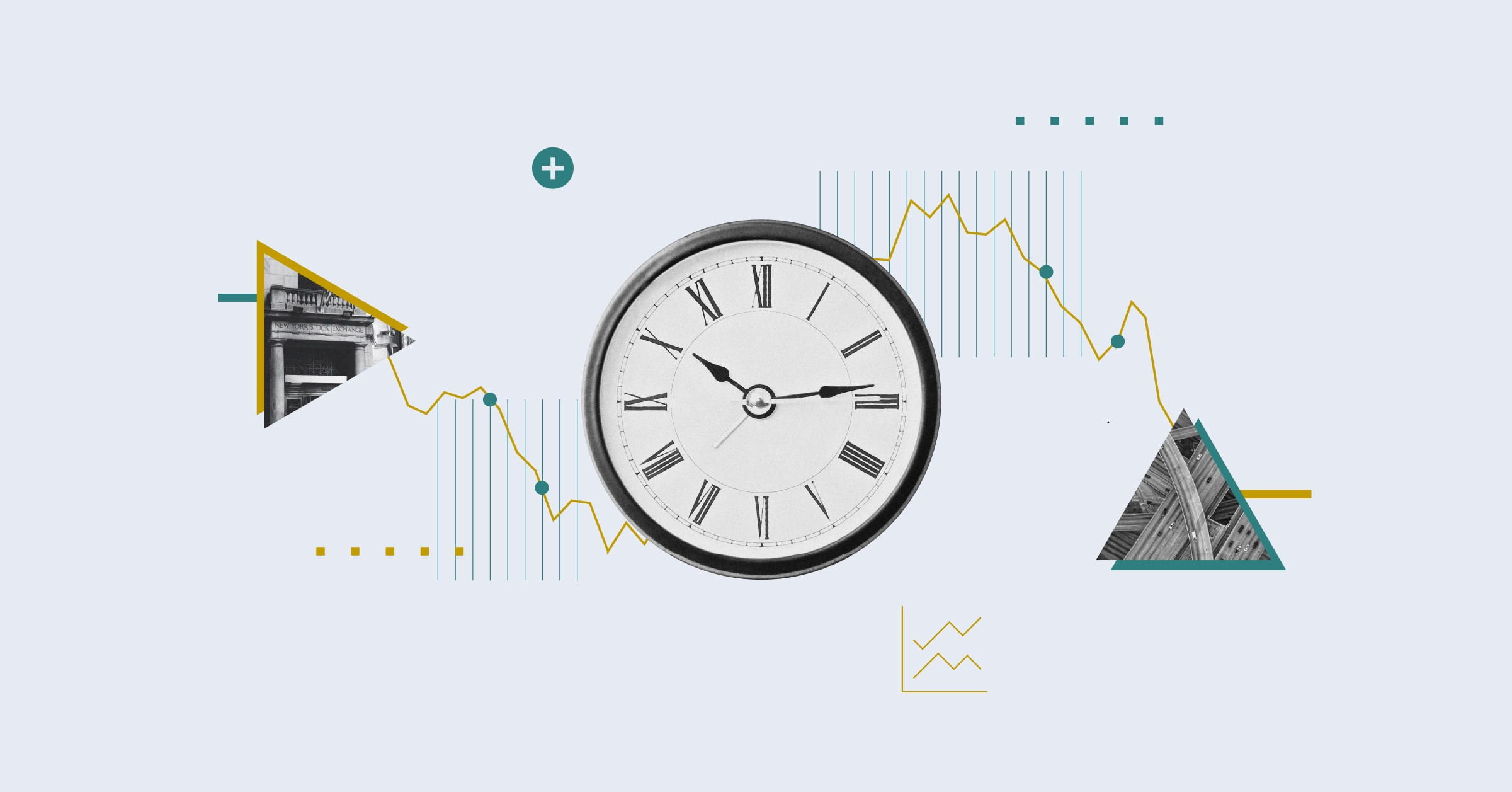Never make a prediction with timing, jokes John Chatfeild-Roberts, of the Jupiter Merlin team. Paraphrasing the asset manager's former chief executive Edward Bonham-Carter. But while the multi-manager Merlin team was unwilling to put a date on the downturn, their mood was unequivocally bearish.
“This bull market has been going on for a very long time,” said Chatfeild-Roberts to journalists in London yesterday. “Central banks are tightening – the European Central Bank is reducing asset purchasing, the Bank of England has stopped QE and the Fed has been raising rates for the past year. The straws are in the wind.”
It is not just central bank policy issuing warning signs; the team spoke of stressed Chinese inter-bank markets, problems in the US student debt system and worrying figures from the auto-loan market in America.
“We’re looking for managers now that can lose as little as possible with the wind in their face,” said product specialist Alastair Irvine. “In the period from March 1 to May 9 this year, every company in the S&P 500 lost money bar the FANG stocks; Amazon (AMZN), Google (GOOG), Facebook (FB) and Netflix (NFLX). When you have performance like that it’s a ringing a warning bell for investors.”
The team also quoted Fred Hickey of The High Tech Strategist, who correctly called the dot-com bubble bursting and the 2008 global financial crisis. The strategist has entitled his latest blog post “Up it Goes, Until it Blows” – a headline he has used twice before; shortly before each of those two market crashes.
Irvine said it was time to dump passive funds in favour of stock pickers adding: “We could be wrong, markets could not fall – but they could just go sideways. But we think this is the most important time to back active managers and back off passives.”
Investors are guaranteeing underperformance in a passive, said Chatfeild-Roberts.
“The charges will mean you can’t beat the benchmark even in a rising market,” he said. “In a downturn, you are condemned to lose more than the market. The compounding effect in a down market is not pretty. If you lose 50% one year you have to make up 100% the next year to make it up to where you were.”
Watch Out for a Flight to Safety
David Lewis, fund manager for Merlin, said that investors should be wary of a pull back in markets as interest rates rise – and they will not have to get very high for shareholders to feel the pain.
“Quantitative easing has had such a major impact on stock markets, forcing people into risk assets who would not normally invest,” he said. “People felt they had to do something with their money, because they were earning no return on cash.”
As rates rise, these reluctant investors will return to the lower-risk asset classes, and Chatfeild-Roberts does not think we will have to wait for a return to 5% cash rates for this to take effect.
“At what point do people go back to cash? Rates have been so long for so low we may see the drawdown when interest rates are less than 2%,” he warned. “The UK 10-year gilt yield has got to 1.1%. What is the tipping point?”
































